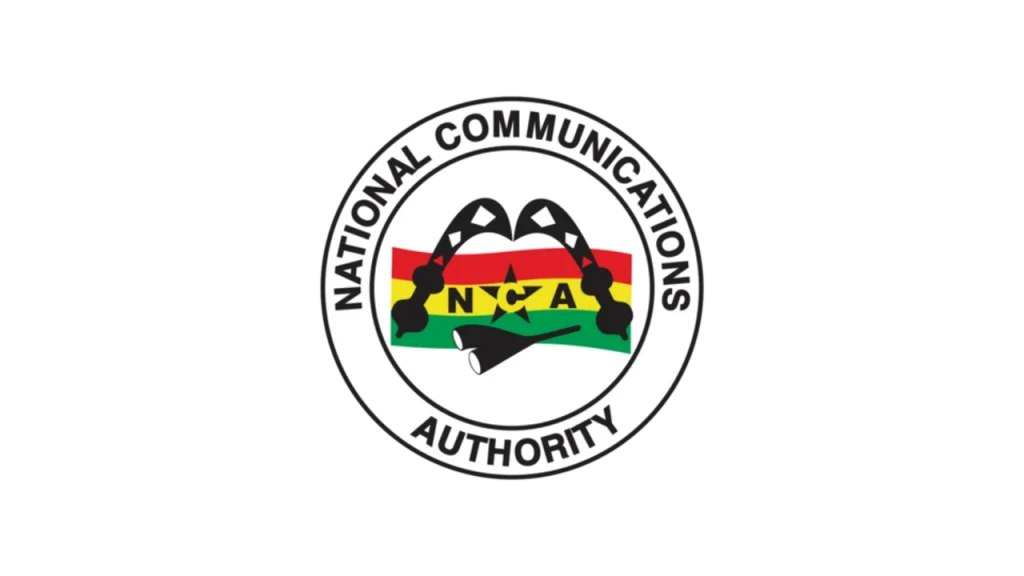- NCA manages telecom licensing, enforces regulations, and oversees mobile number registration and spectrum allocation.
- It supports digital inclusion, cybersecurity readiness, and 5G preparations through updated frameworks and public engagement.
National Communications Authority: Strengthening regulatory compliance and oversight
The National Communications Authority (NCA) is Ghana’s regulatory body for electronic communications. It ensures that all telecom operators, broadcasters, and internet service providers comply with licensing conditions, technical standards, and consumer protection rules. The Authority operates under the Electronic Communications Act 2008 and manages critical services like spectrum allocation, call monitoring, and number portability.
NCA plays a key role in managing the SIM registration process across Ghana. This system requires all mobile users to link their SIM cards with national identification data. It aims to reduce fraud and secure digital transactions. The NCA publishes regular updates about compliance rates and sets deadlines for non-compliant users.
It also provides a Quality of Service dashboard that tracks data coverage, voice call success rates, and user complaints. NCA uses these insights to issue directives and apply penalties when networks fail to meet standards.The Authority launched the Broadcast Monitoring Centre to monitor TV and radio broadcasts in real-time. It checks compliance with content laws and license terms.
Also read: Maxinet Broadband: Driving Ghana’s internet revolution
Also read: Broadspectrum Limited: Innovating Ghana’s infrastructure
National Communications Authority: Guiding innovation through policy and standards
Ghana’s telecom sector is growing, with higher demand for mobile broadband, streaming, and cloud services. The NCA supports this shift by preparing frameworks for 5G spectrum auctions and increasing fibre deployment.It runs consumer outreach programmers and stakeholder workshops to explain policies and encourage cooperation. The Authority partners with the Ministry of Communications and other public agencies to support Ghana’s digital transformation agenda.
Industry challenges include high infrastructure costs, service gaps in rural regions, and increased demand for cybersecurity. In response, NCA promotes network sharing and offers guidelines on equipment standards and tower co-location.NCA also participates in international forums through organizations such as ITU and CTO. It applies global best practices to national regulation and aligns spectrum use with regional protocols.Through data collection, open consultations, and enforcement mechanisms, the National Communications Authority works to balance innovation with accountability.

